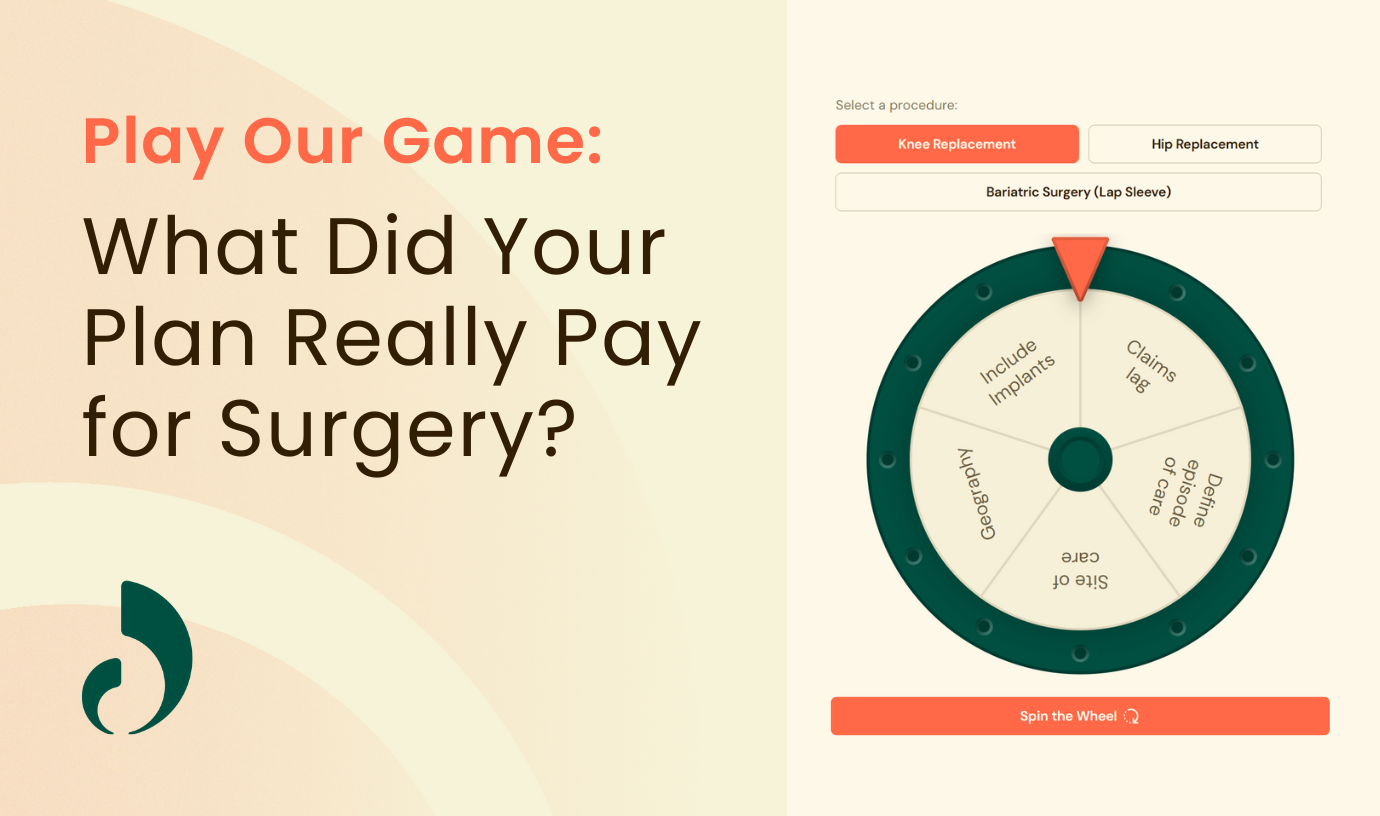The words, “you have cancer” are shocking, and what follows is plenty of uncertainty, overwhelm and a host of emotions for patients and caregivers alike.
Fortunately, there has been a rapid pace of innovation in genetic testing, diagnostics and drugs. Getting access to these breakthrough treatments, on the other hand, isn’t always straightforward.
“Cancer care is constantly evolving, and new treatments are coming out all the time, but that doesn’t necessarily mean patients have access to the best care,” according to Claudia McClanahan RN, BSN, OCN, an oncology nurse navigator at Lantern.
To help, employers are looking for cancer care benefits that help employees get the right care for them—and overcome common barriers that get in the way.
Cancer Diagnoses Among Working-Age People on the Rise
While the risk of dying from cancer has significantly decreased over the last 30 years, unfortunately, cancer incidence has not. In fact, the latest estimates show cancer is on the rise in the U.S., and this year is projected to be the first time new cases of cancer are expected to exceed 2 million.
Although advancing age is the most important risk factor for cancer overall and many individual cancer types, more young people are also being diagnosed with cancer, making cancer a growing concern for working-age people. Rare cancers, which represent 27% of all cancers, are also on the rise and tend to require a more specialized approach that can be challenging to access.
Gaps in Cancer Care
Cancer health disparities in the U.S., or differences in cancer measures such as screening rates, can affect cancer risk and outcomes. Up to 75% of cancer cases are associated with Social Determinants of Health (SDoH), including access and geographical location.
In fact, rural areas have fewer primary and specialty care physicians than urban areas. And one study found that 64% of counties have no oncologists with a primary practice in that county.
“Patients may live near a rural hospital that has an oncologist, but the oncologist is not necessarily trained in the specific type of cancer the patient needs treatment for,” McClanahan said.
When care plans aren’t appropriate or care is delayed, patients are at risk of the disease progressing and spreading. One study found that people whose treatment for cancer is delayed by just one month have a 5 to 13% higher risk of mortality.
Some oncologists may also develop care plans that vary from National Comprehensive Cancer Network (NCCN) guidelines, which provide a roadmap for the clinical decision-making process. The guidelines are developed and continuously updated by panels made up of more than 1,700 clinicians and oncology researchers. Adherence to the NCCN guidelines during treatment has also been shown to lower the total cost of care for breast and colon cancer patients.
If patients are unsure about their diagnosis, they may be apprehensive about asking for a second opinion out of fear of insulting their doctors, while others may not realize a second opinion is even a possibility. “These patients go with the first treatment plan they’re given, but that isn’t always going to be the best one,” McClanahan said.
Insurance delays due to prior authorization and claim denials can also be a bottleneck for treatment.
“Oftentimes, employers may not realize all of the hoops an employee with cancer has to jump through to start treatment and have peace of mind that they’re on the right path,” McClanahan said.
What To Look For in a Cancer Care Navigation Program
For employers looking for a quality cancer care solution, here are some key areas to prioritize:
Care navigation: Receiving a cancer diagnosis is overwhelming. Patients generally only get 30 or 45 minutes during an appointment with their oncologist but often have many questions outside their appointment time. Through Cancer Care Direct, oncology nurses provide healthcare navigation and engage members early—and often—throughout the care journey.
When members have questions about their care, their Nurse Navigator can help. Nurses provide education about a member’s diagnosis, the standard of care, their available benefits and the member’s treatment plan. Nurse Navigators can also help patients manage their medications to reduce side effects and prevent unnecessary ER visits. They can also advocate on a member’s behalf with their insurance company if they run into treatment delays.
Second opinions: Everyone deserves access to a second opinion, even if just for the reassurance that they’re on the right path. Nurse Navigators can help members access second opinion services through their benefits ecosystem or through Cancer Care Direct partnerships. For example, a peer-to-peer service allows oncologists to connect with each other and provide patients with a second opinion without requiring them to facilitate the conversation on their own.
When appropriate, nurse navigators can expedite the referral process to a National Center Institute (NCI)-designated cancer center. Second opinions can ensure an accurate diagnosis, appropriate, timely care, and a better treatment plan, and support a member’s emotional and psychological health by giving them reassurance that they’re on the optimal path.
Site of care steerage: Determining the appropriate facility to receive care from is dependent on the diagnosis and complexity, personal circumstances, and location. With a solution like Cancer Care Direct, members can be steered to the right setting. For example, while some patients can receive care from a local oncologist, those with complex and aggressive cancers should receive care at an oncology center of excellence (COE). Those with rare types of cancer should receive care from top teaching hospitals and academic medical centers that are conducting clinical studies.
Social determinants of health (SDoH) resources: To address health equity, the solution should connect members who have SDoH needs with resources for financial assistance, food insecurity, transportation, travel accommodations, and mental health support.
With a complete cancer care solution, employers can provide quality care, achieve optimal health outcomes, and support their members throughout their care journeys.
To learn more about Cancer Care Direct, our complete cancer care solution, contact us today.




